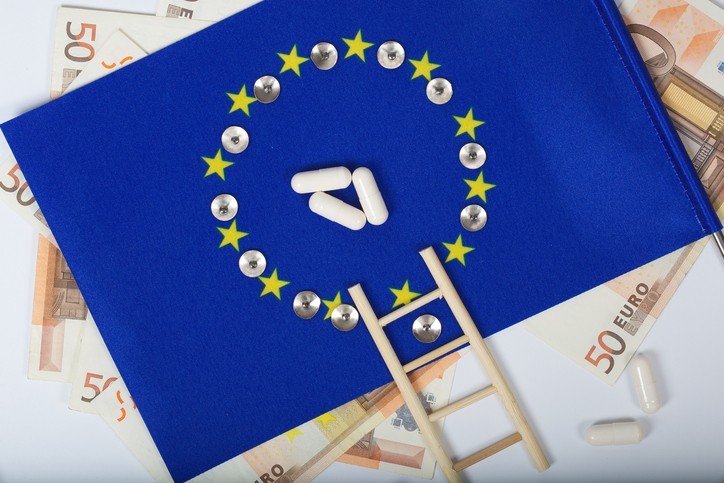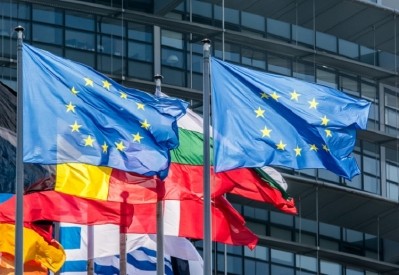Brexit health risk: UK must negotiate role in EU drug safety monitoring says industry

The Association of the British Pharmaceutical Industry (ABPI) and the BioIndustry Association (BIA) issued the warning today to coincide with the publication of a report on the “Public Health and Economic Implications of the United Kingdom Exiting the EU and the Single Market.”
According to the report 2,076 ‘signals’ – an indication of a possible causal relationship between a drug and an adverse event – were detected in the EU in 2016. The Medicines and Healthcare products Regulatory Agency (MHRA) has identified more signals than any other regulator in Europe each year since 2012.
The authors assess the likely impact of various post-Brexit relationships – standalone UK regulations but collaboration on inspections under either free trade or WTO terms – on the ability to monitor drug safety. They conclude that only continued full MHRA involvement in EU27/EEA public health activities under free trade agreements would maintain current safety monitoring capacity.
In contrast, if Europe and the UK no longer cooperate as they do today the authors suggest "the sharing of important drug safety information or information relating to adverse medical events could face a five month delay."
They also warn that there is a "potential for increased frequency of medicines shortages due to administrative burden, customs delays and tariff measures."
Public health
The authors also suggest Europe’s ability to respond to public health emergencies could be at risk if the UK is excluded from the EU Regulatory Network Incident Management Plan.
“In Brexit scenarios where EU27 / EEA and UK collaboration does not take place, the timely availability of vaccines and the monitoring of the safety profile of medicines administered to large populations, in the event of a pandemic or continent-wide public health threat, could be at risk.”
Phase II of Brexit talks
The report was unveiled at a House of Commons Health Select Committee on post Brexit drug regulation.
BIA CEO Steve Bates told MPs the “report highlights to negotiators on both sides of the channel, the scale of the issue in safeguarding public health.
“With 82 million patient packs travelling between the UK and EU each month, it is vital that teams on both sides of the channel make patient safety a priority,” he continued, urging UK and EU negotiation teams to consider drug supply chains in the next phase of talks.
“The complex issues surrounding medicines regulation and supply chain need to be front and centre in the second phase of talks and industry needs a realistic transition period to ensure that the supply of lifesaving and life extending medicines to patients in the UK and across Europe is not affected.”
Established in the EEA
The report came days after the Commission and European Medicines Agency confirmed UK-based drug firms would have to transfer authorisations, orphan designations and applications to entities in the EEA before the UK leaves the EU on March 30, 2019.
The Commission set out the requirements in a new Q&A document on December 1, also advised UK firms that pharmacovigilance documentation and staff will need to be based the EEA according to Article 8 of Directive 2001/83/EC and Article 74 of Directive 2001/82/EC.
“The QPPV will therefore need to change his/her place of residence and carry out his/her tasks in the Union (EEA) or a new QPPV residing and carrying out his/her tasks in the Union (EEA) will need to be appointed” the Commission said.
UK firms will also need to transfer batch release activities to sites in the EEA.













